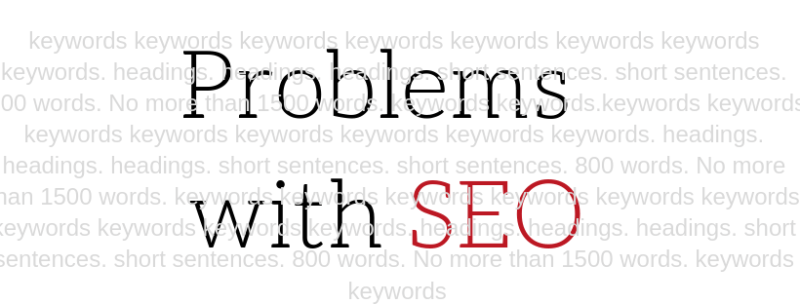
Search Engine Optimization, or SEO, concerns many anime bloggers just as it does businesses. SEO is a package of techniques that are supposed to attract search engines like Google to your content. The best SEO is supposed to get an article onto the coveted first page of a search. Few Internet users go beyond the first page of their search results so these 10 or so slots matter more than social media links. The push to rank has led to annoying practices like breaking a single article into a slideshow of snippets, often producing as many as 20 pages when a single article would do.
When I worked as an e-commerce programmer, I spend a good section of each day analyzing SEO, keywords, and the like for the websites I managed. The work allowed my sites to outrank the competitors on Google’s result pages and even outrank Amazon for certain keyword searches. But the techniques made for crappy and sometimes quite challenging writing.
SEO centers around keywords. Everything you write is supposed to support your specific keyword. And that keyword can’t be a common one. For example, anime isn’t a keyword you want to target as an anime blogger. The keyword has hundreds of thousands of websites fighting to rank for it, including preferred pages like Amazon and Wikipedia. Your small blog isn’t likely to beat these websites. Rather, good SEO targets lesser used keywords or phrases to avoid to competition. So you could target phrases like cute moe anime or mecha giant robot anime to increase your changes of appearing on the front page of searches with those phrases.
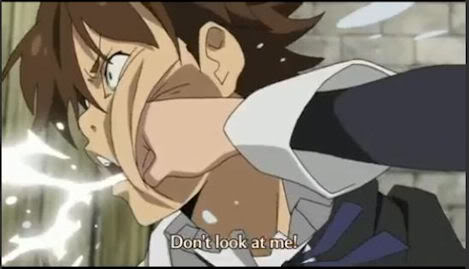
In order to support your targeted phrase, you have to use that phrase in the title, first sentence, and throughout the article (but only up to a certain number of times). If you cross a the threshold for uses, Google and other search engines may flag your article as spam. So to avoid this, you have to also use synonyms that will broaden your association with your target phrase. For example, for cute moe anime you can use phrases like kawaii japanimation or cute-girl anime throughout your article. As you can imagine, writing with this on the front of your thoughts can be hard. I’m sure you’ve encountered stilted, repetitive articles because of this SEO technique. However, Googlebot is getting better at recognizing unnatural language and has been known to flag SEO-focused writing. This also means you may get pegged if you have a lot of repetition, like a character’s name.
Aside from keywords, SEO looks at the structure of your article. People increasingly fail to read long posts, at least according to experts. Instead, they skim for section headings, bulleted lists, and short paragraphs. SEO techniques have adopted these ideas along with assessing the reading difficulty of articles. I have the Yoast SEO plugin installed on JP. The plugin has some nice features, but it also has trackers that assess your article based on these parameters. Just about every article I write fails the readability analysis in several ways. First, I don’t always use section headings (I only use them when the article needs them) and often have too many paragraphs within a heading (more then 3-4). Second, I write too long of paragraphs, such as this one. According to readability rules, a proper online paragraph should be no more than 3-4 sentences or 150 words. That’s rubbish. A proper paragraph is as long as it needs to explain the central thought it addresses. So a proper section according to SEO would consist of 9 to 16 sentences (3-4 sentences x 3-4 paragraphs). That’s nowhere near enough space to explore a topic.
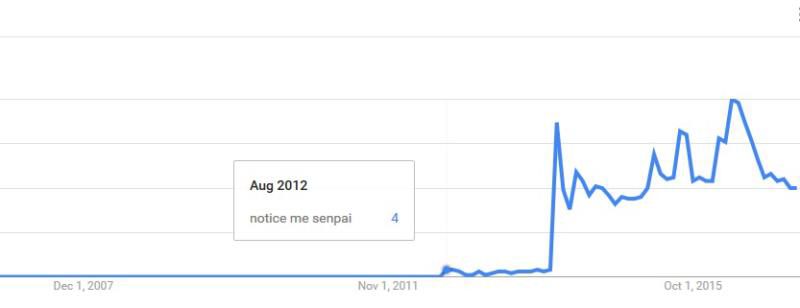
Likewise, the use of passive voice and long sentences dings your rating. Now, passive voice makes for rather dull reading. Passive voice, if you don’t know, uses verbs in the form of to be such as is, are, was, were, being, and the like. However, when writing about factual events and ideas, you can’t always avoid passive constructions. SEO readability also demands you write with short sentences. The advice is sound to a degree, but as with everything in SEO, it goes too far. Proper writing varies long and short sentences to create a pleasing flow.
One tenant of SEO that I actually like centers on the URL. The idea is to include your keywords in a short, descriptive URL that is easy for people to remember. The address needs to summarize the article. That’s a tall order for six words! But most articles can do this. I like the idea because it helps you remained focused on a particular topic and forces you to summarize it. In novel writing, you need to summarize your entire story–even if it is 150,000+ words, in a single sentence. If you cannot, then you don’t have a focused story.
SEO states articles that are too long or too short perform poorly. I can confirm this. My article about the hidden Christians of Japan weighs in at 3,770 words–my longest article so far. And, phew, it has done poorly in views and in Google search results. Normally, I would see some traction a year after the article publishes, but I’ve seen nothing on this one. I’ll admit it’s discouraging. That article took me a long time to research and write, but it proves the point: longer content isn’t what people want. My best viewed articles sit between 1000 and 1500 words. SEO recommends at least 800 words.
Even if you follow SEO rules, it’s not certain if Google will rank your article decently. Sometimes only a single article out of your entire website will rank. Other times, crafted articles are ignored entirely. Much of it has to do with how people search. It also appears Google dings websites that don’t have their own domain. I occasionally see WordPress.com or Blogspot blogs when I search, but they usually seem to sit on page 2-3 in the results.
For the most part, I tend to ignore search engine optimization rules and just write however I feel like writing. Outside of a few articles, I haven’t seen too many ill effects from it. Most of the suggestions come from the average Internet user’s reading habits. I prefer to write against those habits. I am a librarian and a researcher, after all. I’ve decided to avoid writing many listicles and countdowns. I’ve decided to write long form and resist the skimming trend. It’s foolish, but people’s inability to focus and read deeply is damaging for our minds. Writing articles that encourage such, even if it is good SEO, only encourages the problem. While its true people skim more than read, if most websites and bloggers wrote long form instead of caving, the negative effects would be curved. I’ve noticed I struggle to focus. I notice myself skimming too. The push for good SEO has influenced the articles I read, which in turn influence my reading habits.
If you are an anime blogger who wants her website to blossom, it will help to learn about SEO. You don’t have to follow all of the tricks, nor should you. But understanding them can help you avoid writing habits that can hurt you, such as keyword stuffing and repetition. Blogging can be as frustrating as it is rewarding. I suggest you focus on finding your particular niche within the anime community and focus on your writing style before worrying about Google ranking. Google tends to look for websites that are doing well in their niche and then boosting them on the searches.
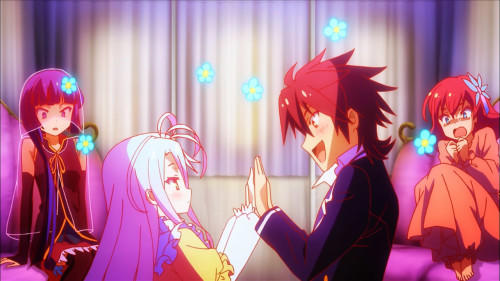

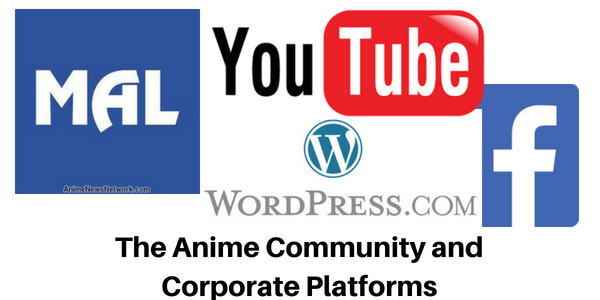

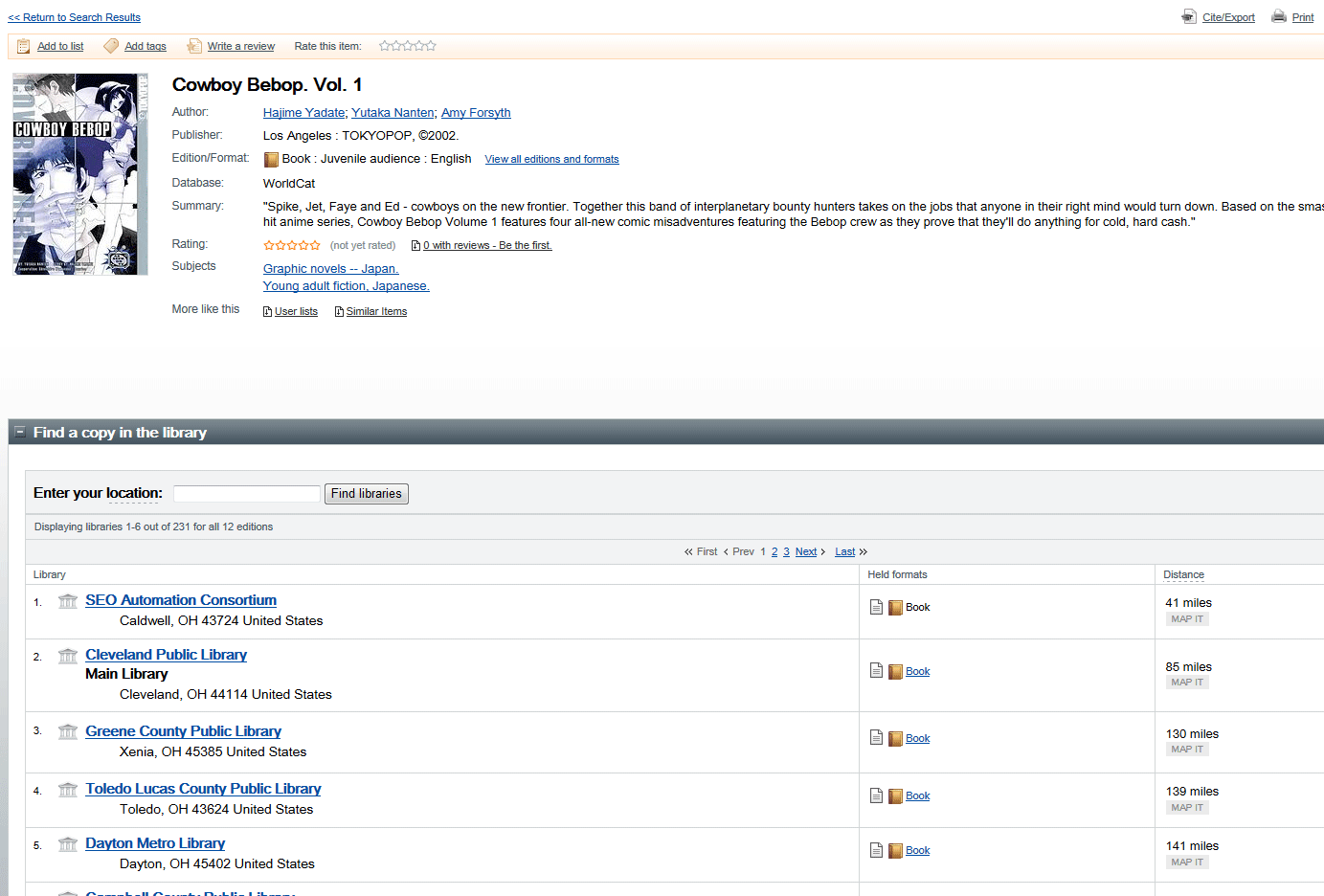
As a fellow blogger SEO drives me nuts. Keyword this, and keyword that. Search for what is popular. I write about the portrayal of science in anime, so its always a struggle coming up with keywords for science topics that anime fans will search for. Rant over, I liked your post, it was a nice overview.
Keyword chasing is frustrating. Google Trends is a great too for it, but it’s too much trouble for too little return. Our time is better used writing articles.
I follow this one person who’s a pretty outspoken figure in the SEO community and he believes that marketers put out a lot of BS advice about SEO and Google. Not many people outside of Google have true insider knowledge about the algorithms. There’s no standards and ethics when it comes to SEO, he believes.
This same person also hates Yoast too. SEO plugins are terrible. I remember using a crawler and it was an awkward experience as I wondered whose advice was it to suggest crawlers. I do read up on SEO sometimes, but I do realize a lot of it is BS to begin with.
SEO is like marketing. It’s a total guessing game & all you can do is raise your chances of success, not get total success. I also wish people stop focusing on rankings because that talk has deluded so many people.
That’s what always got me too. SEO is just guessing at what Google’s algorithms are doing. No one knows what really works. When I worked as an ecommerce developer, I would try things until I found something that worked for a time. I discovered that it came down to writing for people and not following SEO guidelines.
The Internet would be better off if it had less SEO and marketing. I miss the early years of the World Wide Web when “shrines” and similar personal websites dominated. Although I don’t miss the neon colors and dancing baby GIFs.
Thank you for writing posts which do not completely follow the guidelines! I love JP! It really stands out for the quality of writing and research!
Do you believe that the SEO guidelines encourage conformity, in the way that it tends to make people write almost the same things?
Yes, the guidelines encourage people to write in similar ways–the “right” Google-way. It’s much like the self-publishing world. If you look through several indie author websites, they all parrot the same ideas. Platform! Newsletters! They, much like SEO websites, seek to sell the same idea. Which eventually means everyone in the field ends up sounding similar.